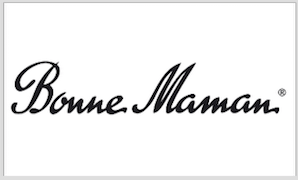Knowing when to send wedding invitations is a critical part of planning a wedding. Sending the invitations too early or too late is inconsiderate, not to mention the probability of hurting your guest attendance.
It is essential to stick to a timeline to allow your guests to plan. Timelines also show you have a firm stand on when you need to make other wedding decisions like booking a venue. Here’s how to create a timeline to help you communicate with guests at the right time.

When to Send Out Invitations
The best time to send out wedding invitations is six to eight weeks before the wedding date. The invitations should not only invite guests to the wedding but also provide information about the venue. If a large percentage of the guests are living abroad or you are planning a destination wedding, it would help if you added a few weeks to the timeline. Plan to send out the invitations 12 weeks before the date to allow adequate time for guests to reply yes or no to the invitation.
Save the Date Invitations
The general rule of the thumb states save the date invitations should be sent four to six months before the wedding date. The idea is to send them before any other invitations to allow guests to block off the calendars. A few months’ advance planning is also considerate for destinations weddings as guests need to organize travel and accommodation arrangements. Also, if the wedding is on a holiday weekend, consider sending save the date invitations 2-12 months before the wedding date.
The Best Time to Ask for RSVP
The best time to send out RSVPs is one month before the wedding. It helps guests respond on time while providing some timeline padding for those likely to respond late. Be sure to include different ways for guests to respond. Provide an email address, phone number, or wedding website to boost the response rate. Also, indicate a deadline, so guests know when to respond to the invitation. Some guests are likely to ignore the RSVP and need a little nudge. Here’s how to do it:
-
Express excitement: You don’t have to bring up the RSVP deadline; instead, mention it casually. They’ll be flattered further reminding them to respond to the invitation
-
Ask guests to participate: You are more likely to get responses when there’s a call to action. It can be in the form of songs or a memory about the bride and groom
-
Make the date clear: Ensure the RSVP date is clear on the card. It would help if you used a larger font or a different color
-
Choose the right wording: Some guests might not know what RSVP means. Using alternative wording like ‘the favor of your reply’ makes it clearer
-
Allow more time for destination weddings: It would help if you added another month for such RSVPs as they need to make travel plans
With a well-defined timeline, sending out wedding invitations doesn’t need to be challenging. Be sure to allow enough time for your guests to respond while factoring in their travel requirements. Ensure the invitations communicate the wedding theme whether sending them online or via mail.








